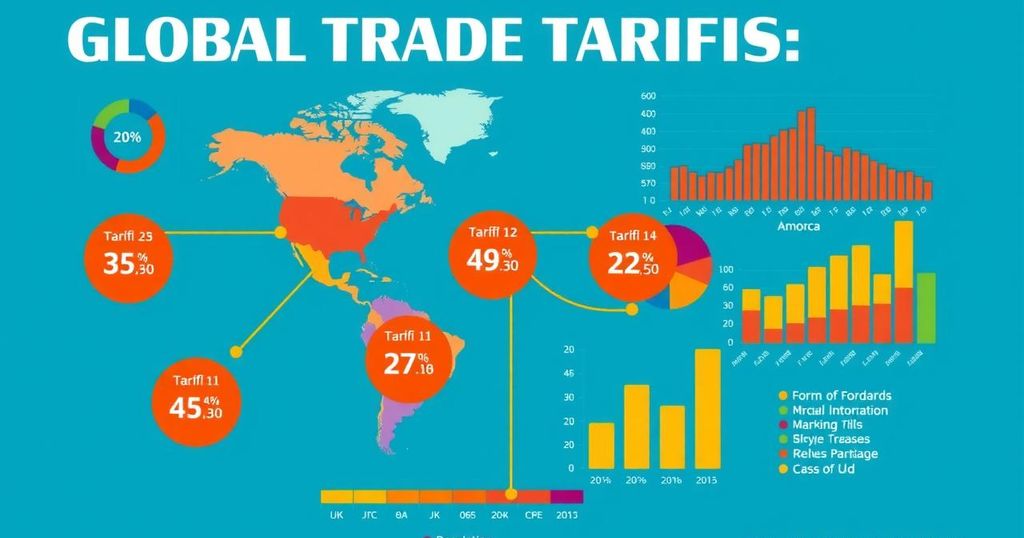U.S. officials are scrutinizing Defense Secretary Pete Hegseth over leaked sensitive information related to Yemen military operations. Claims by President Trump and others assert no classified details were shared, despite concerns from security experts. Hegseth has denied sharing war plans, while congressional leaders call for accountability and an investigation into the matter.
In a recent development, U.S. officials have redirected attention towards Defense Secretary Pete Hegseth regarding a leaked conversation about U.S. military operations in Yemen. The controversy stems from an article by Jeffrey Goldberg, revealing Hegseth shared sensitive information in a group chat on the messaging app Signal just prior to military strikes on March 15. Hegseth allegedly provided details on targets and attack configurations, raising concerns among security experts about the classification of such disclosures.
Despite the sensitive nature of the material discussed, President Trump and other officials have claimed that no classified information was shared in the chat. This stance has perplexed many, as military targeting details are typically regarded as highly confidential. During a press briefing, Trump stated, “There was no classified information, as I understand it,” a claim supported by Director of National Intelligence Tulsi Gabbard and CIA Director John Ratcliffe, who indicated that Hegseth had the authority to decide what constitutes classified data.
Hegseth himself firmly denied the accusations, asserting, “Nobody was texting war plans, and that’s all I have to say about that.” This assertion was contested by Goldberg, who stated, “No, that’s a lie. He was texting war plans,” highlighting a growing dispute over the interpretation of the conversation. Furthermore, Ratcliffe emphasized that the Signal chat, while designed for unclassified coordination, should not have replaced formal channels for classified communication.
Concerns remain regarding Hegseth’s ability to unilaterally de-classify information, with contrasting opinions expressed on the legitimacy of such actions. Senate Majority Leader John Thune has indicated that the Senate Armed Services Committee may investigate this issue, emphasizing the need for accountability. Likewise, Representative Don Bacon has urged for transparency, stating that Hegseth must accept responsibility for compromising sensitive information, as it could jeopardize lives.
Overall, the focus on Hegseth amid this controversy underscores the complexities of military communication protocols and the critical importance of ensuring classified information remains protected.
In summary, the recent leak regarding U.S. military operations in Yemen has drawn scrutiny towards Defense Secretary Pete Hegseth, raising significant questions about the classification of sensitive information. Despite official claims of no classified materials being discussed, the remarks made by key officials and Hegseth’s own denial have sparked debate. The ongoing investigation by the Senate Armed Services Committee highlights the need for accountability amidst the controversy surrounding military communication protocols.
Original Source: www.usnews.com




